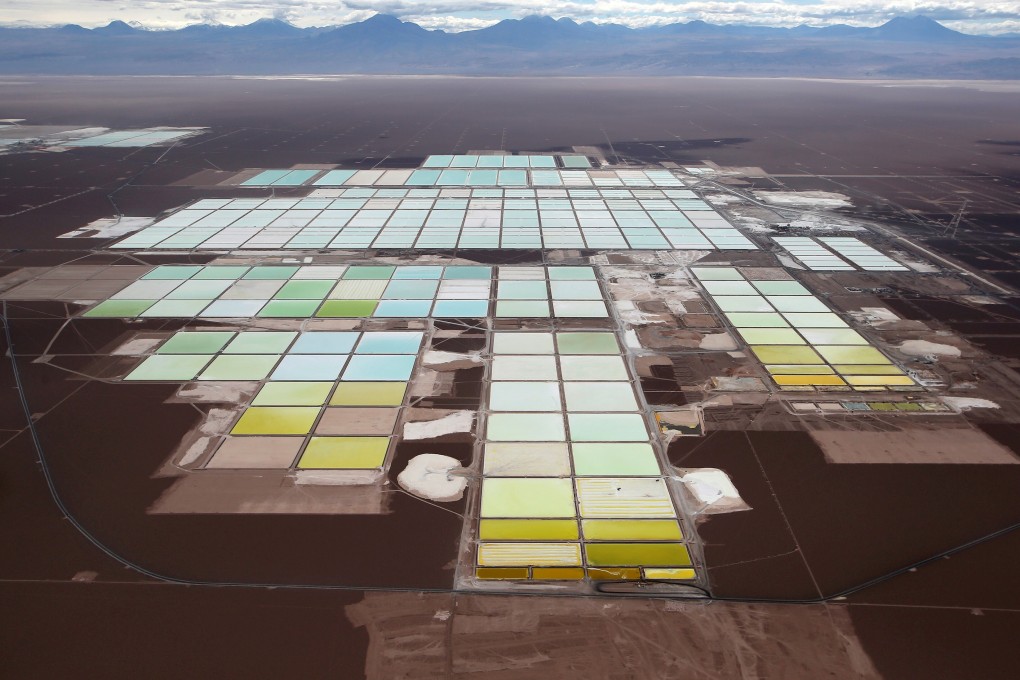EV lithium battery supply race hots up as China’s Yibin extends US$15 million loan to Australian miner Pilbara Minerals
- China’s Yibin Tianyi Lithium Industry has extended a US$15 million zero-interest loan to Australian miner Pilbara Mineral
- Australia is the world’s largest exporter of lithium, while China’s is the largest electric vehicle battery maker

As miners eye expansions in the global race to secure a supply of lithium, a critical element in electric vehicle batteries, China’s Yibin Tianyi Lithium Industry has extended a US$15 million zero-interest loan to expand its relationship Australian miner Pilbara Minerals amid a steady trade of the mineral between the two countries.
The loan from lithium chemical producer Yibin is in the form of an unsecured prepayment to Pilbara Minerals’ operating subsidiary, Pilgangoora Operation, and is the second stake that its backer, China’s largest electric vehicle battery maker, Contemporary Amperex Technology (CATL), has taken in the company.
Yibin was established in 2018 as a joint venture between CATL and two other Chinese companies, chemical business Tianyuan Group and machinery manufacturer Canmax, before CATL acquired a 8.5 per cent stake in Pilbara Minerals in 2019 for A$55 million (US$42.6 million).
“Our relationship continues to grow with Yibin Tianyi as we work together in support of both our businesses’ growth ambitions; for Yibin Tianyi, to become one of the biggest lithium chemical suppliers in China with the support of our major shareholder, CATL, and for us to become one of the largest, lowest cost lithium raw material suppliers in the world,” Pilbara’s managing director Ken Brinsden said.